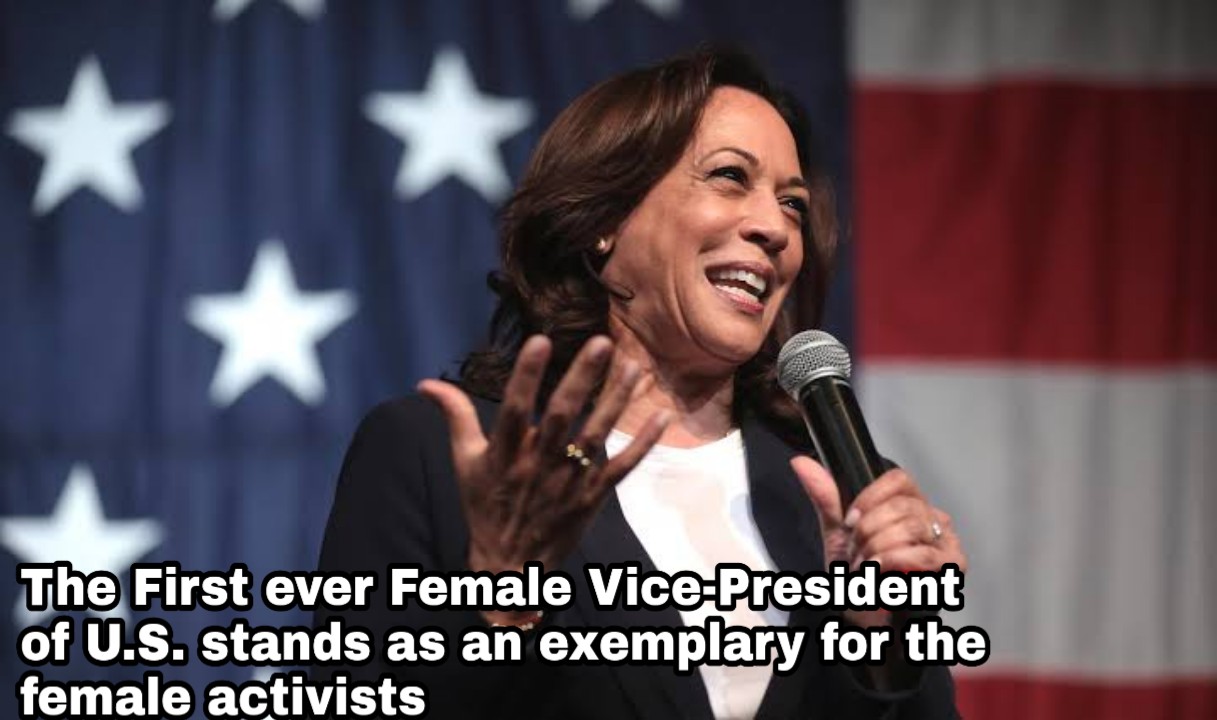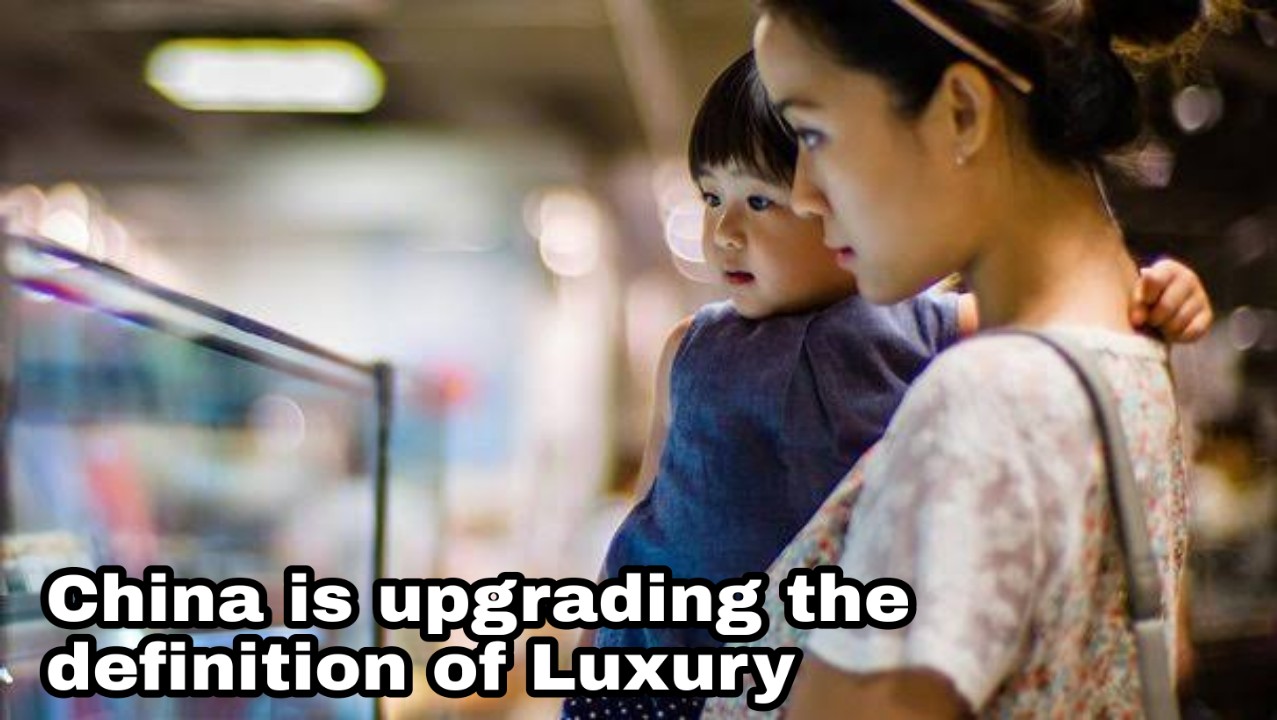Queen Elizabeth II Did Not Block Legislation By Convention, Says Buckingham Palace

Buckingham Palace has denied an investigation by the Guardian, that Queen Elizabeth II block legislation.
According to an investigation, the queen had meetings, starting in 1973, with her solicitor Matthew Farrer and senior civil servants, lobbying the government to change draft legislation that would have made the monarch’s shareholdings more transparent.
Applying a power called “Queen’s consent,” the sovereign can be notified about legislative debates affecting their private interests.
Let us tell you that Queen consent is a process where Parliament asks for consent when debating bills, which affect the Crown's interests.
According to the Guardian’s investigation, the queen used this procedure “to secretly influence the formation of British laws.”
Read More: HRH Princess Beatrice And Her Private Royal Wedding
According to government memos, the queen’s lawyer argued that such disclosures could embarrass the crown and become the subject of widespread scrutiny and “possible controversy.” Under “Queen’s Consent,” ministers must notify the queen or Prince Charles, the heir to the British throne, when a proposed bill is likely to affect their interests or prerogatives.
The British government’s website states that consent must be sought by ministers if a bill has impact on “personal property or personal interests of the Crown” — a stipulation some critics argue should be abolished in a modern democracy.
A palace spokesperson says, “Queen’s consent is a parliamentary process, with the role of sovereign purely formal. Consent is always granted by the monarch where requested by government. Any assertion that the sovereign has blocked legislation is simply incorrect.”
“Whether Queen’s consent is required is decided by parliament, independently of the royal household, in matters that would affect Crown interests, including personal property and personal interests of the monarch,” they added. “If consent is required, draft legislation is, by convention, put to the sovereign to grant solely on advice of ministers and as a matter of public record.”
The modified agreement, which included the secrecy clause for which the queen’s legal team lobbied came into force in 1976, exempting the Bank of England Nominees, a subsidiary of the Bank of England, from transparency measures.
In April 2011, the government confirmed that the company was “no longer exempt from company law disclosure requirements.”
According to the Guardian, the queen held shares in the company, which have since been dissolved. What happened to the alleged royal investments in the subsidiary remains unclear.
The queen, who entered her 70th year as reigning monarch, remains in isolation at Windsor Castle with 99-year-old husband Prince Philip, Duke of Edinburgh, as the coronavirus pandemic continues to ravage Britain.
The overall queen’s personal wealth remains unknown. She is thought to be the wealthiest member of Britain’s royal family.
Read More: Duchess of Cambridge Kate Middleton and history about her Royal Jewels
Much of the queen’s income remains shrouded in secrecy, although some of her worth is believed to stem from trusts that make up the Royal Collection, including the Crown Jewels and the Tower of London, along with various properties.









.jpg)





